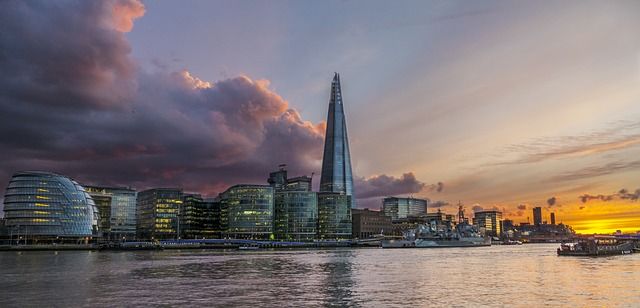Britain’s richest 1% are increasingly concentrated in the nation’s capital

London is increasingly home to the top 1% of UK earners, according to the findings of a new study from the Institute for Fiscal Studies (IFS).
The UK’s highest earners are overwhelmingly middle-aged men living in London and the south-east. Men make up 83% of the top 1% of income tax payers and 89% of the top 0.1%.
The research underlines the rise in inequality between the capital and the rest of the UK. While a 50-year-old man in London with a salary of £160,000 would be in the top 1% of earners in the UK as a whole, he would need an income of more than £700,000 to be in the top 1% among his London-based peers.
Robert Joyce, deputy director at the IFS—an independent economic research institute—notes how this concentration of wealth “may be one reason why many of those on high incomes don’t realize quite how much higher their incomes are than the average.”
Around one in three of the top 1% are business owners, who experience more favorable tax rates than employees.
Joyce says that people would like to know whether “those earning hundreds of thousands of pounds a year derive such rewards from innovations and activities that benefit all of us, or are they exploiting market power at the expense of workers on lower incomes?”
Jörn Block writes about corporate income taxes and entrepreneurship in his IZA World of Labor article. He explains that “[t]axes give governments the means to provide public goods for their citizens, and can be used to redistribute income from wealthy to poor citizens,” He also notes that taxes “have strong effects on economic behavior, in particular entrepreneurship, which is an important driver for innovation and economic development.”
However, “[d]etermining the way in which corporate income taxes influence entrepreneurship is a complex and multi-faceted question,” and Block urges policymakers to “understand the effects and underlying mechanisms that determine how corporate income taxation influences entrepreneurship in order to provide a favorable business environment.”